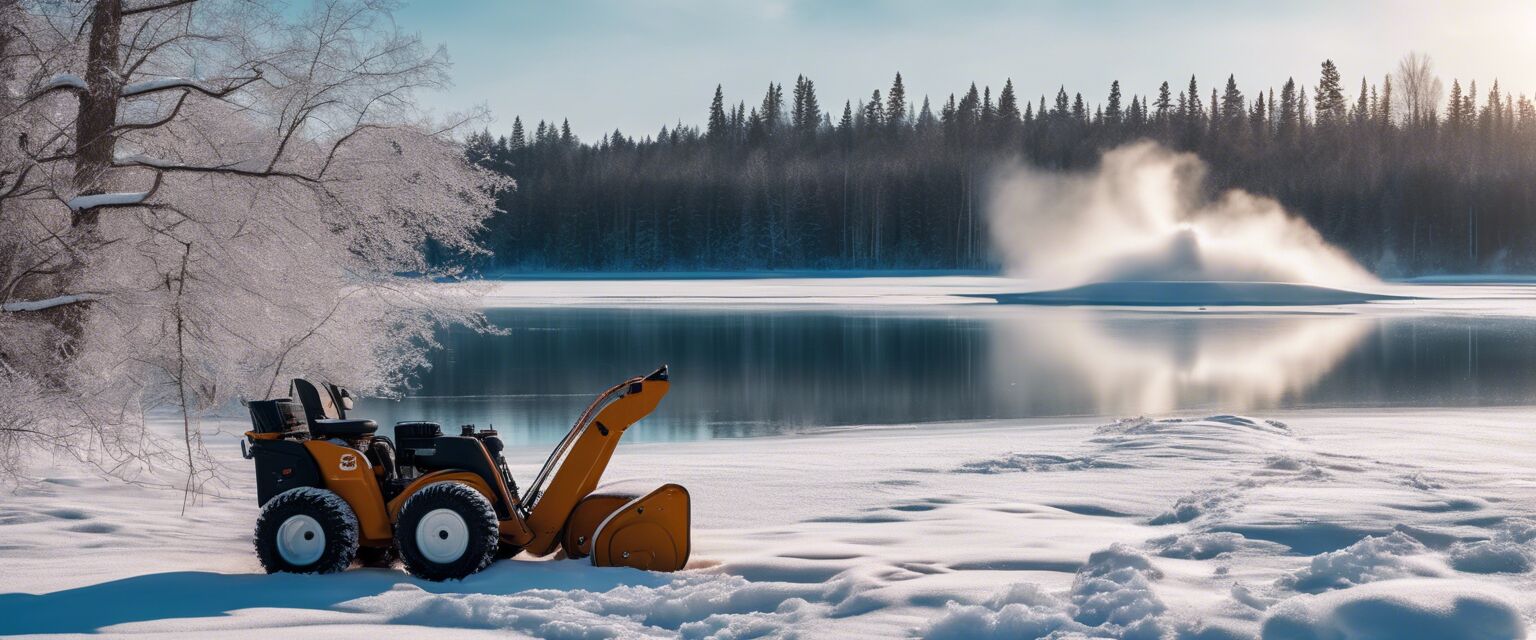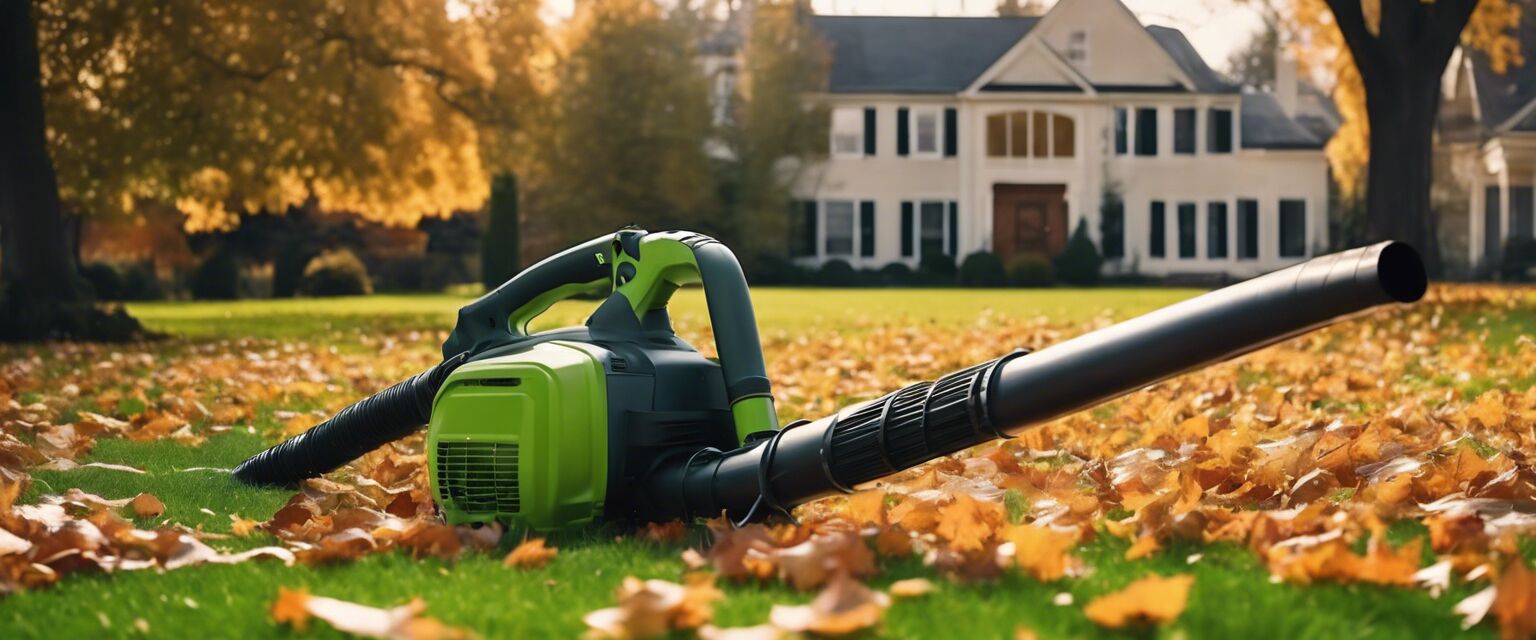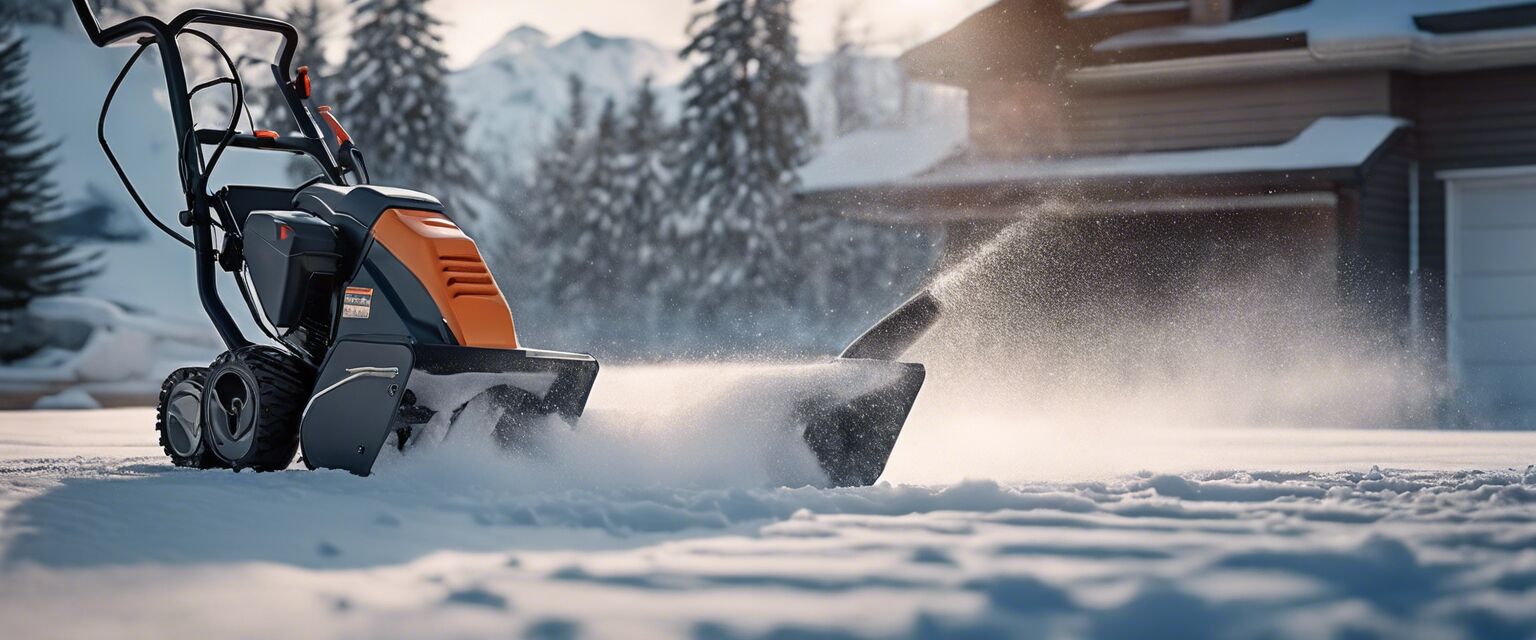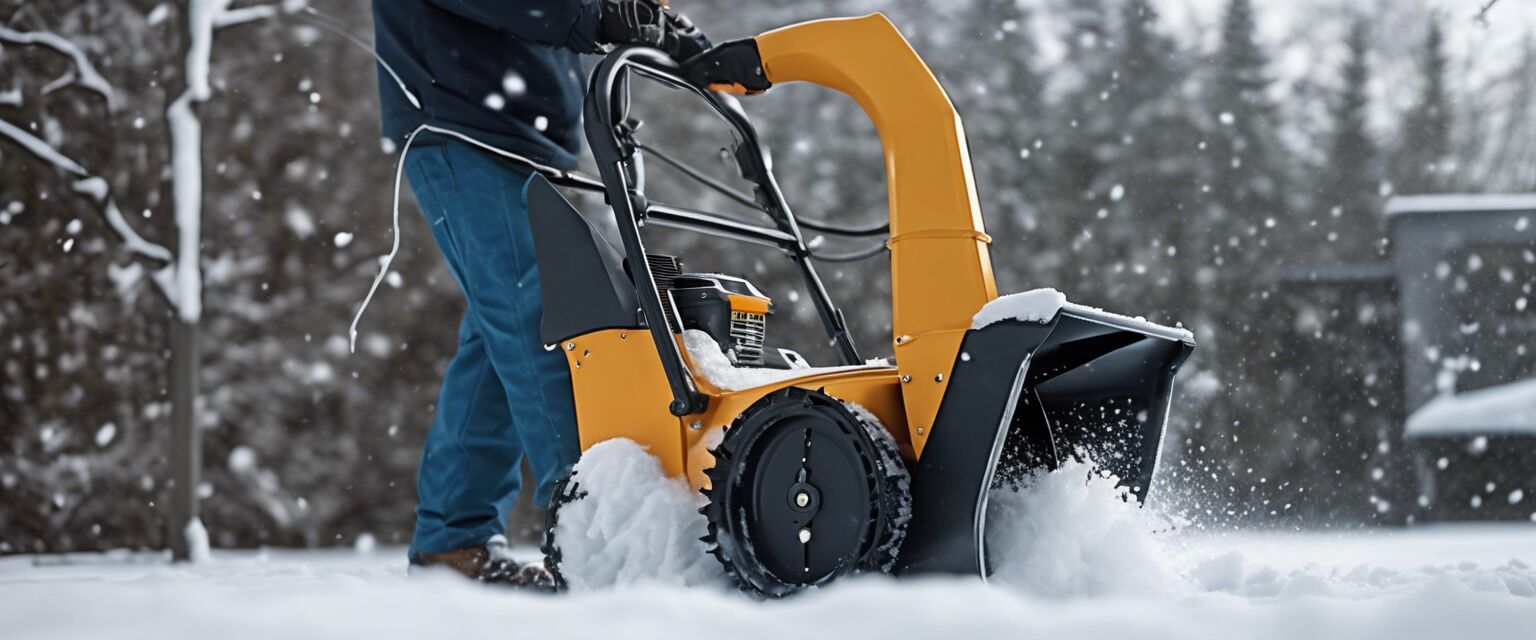
Electric vs Gas Snow Blowers: Which is Right for You?
When it comes to tackling snow-covered driveways and sidewalks, having the right snow blower can make all the difference. But with so many options on the market, it can be overwhelming to choose between electric and gas-powered snow blowers. In this article, we'll break down the pros and cons of each type, helping you make an informed decision for your winter needs.
Key Takeaways:
- Electric snow blowers are eco-friendly, quieter, and require less maintenance than gas-powered models.
- Gas-powered snow blowers offer more power and are better suited for heavy snowfall and large areas.
- Consider your specific needs, budget, and environmental concerns when choosing between electric and gas-powered snow blowers.
Electric Snow Blowers: The Eco-Friendly Option
Electric snow blowers are a popular choice for those looking for a more environmentally friendly option. Not only do they produce zero emissions, but they're also quieter and require less maintenance than gas-powered models.
| Feature | Electric Snow Blowers |
|---|---|
| Power Source | Electric motor |
| Environmental Impact | Zero emissions |
| Maintenance | Less maintenance required |
| Noise Level |
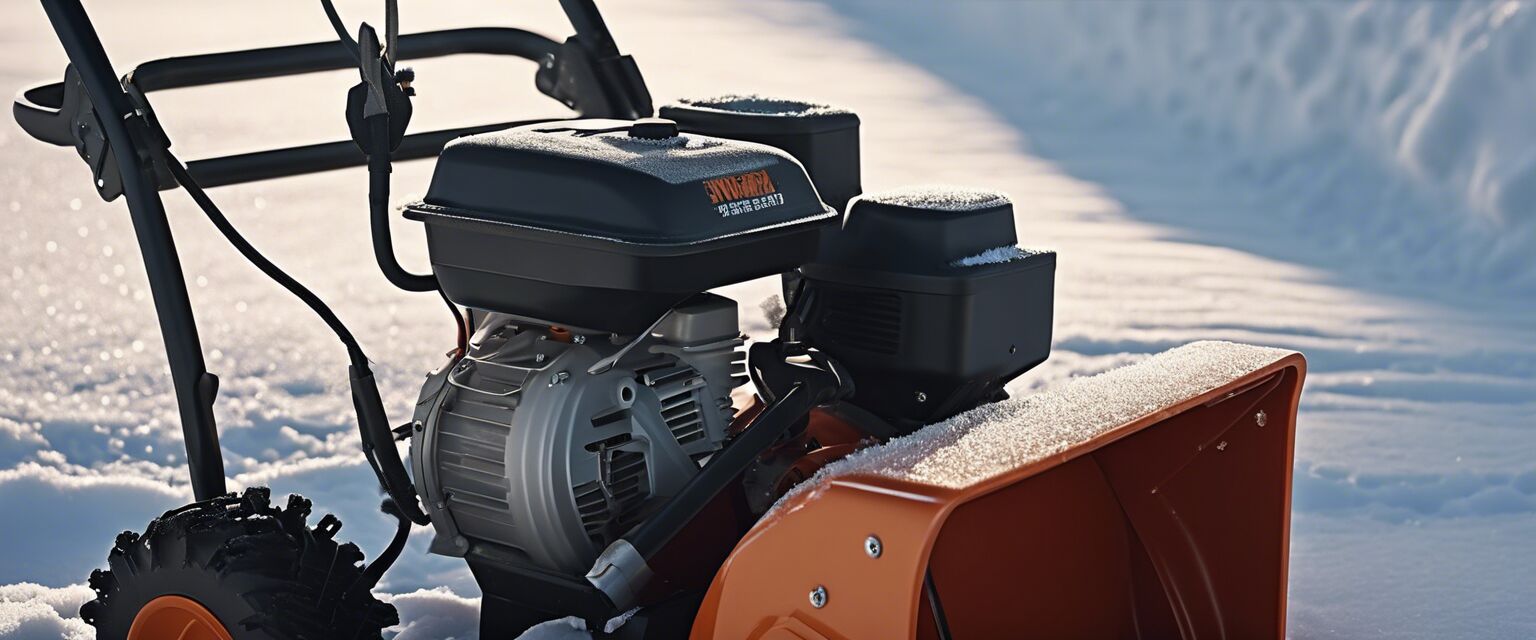
Gas-Powered Snow Blowers: The Powerful Option
Gas-powered snow blowers are ideal for those who need to tackle heavy snowfall and large areas. They offer more power and are better suited for commercial or heavy-duty use.
| Feature | Gas-Powered Snow Blowers |
|---|---|
| Power Source | Gasoline engine |
| Environmental Impact | Produces emissions |
| Maintenance | More maintenance required |
| Noise Level |
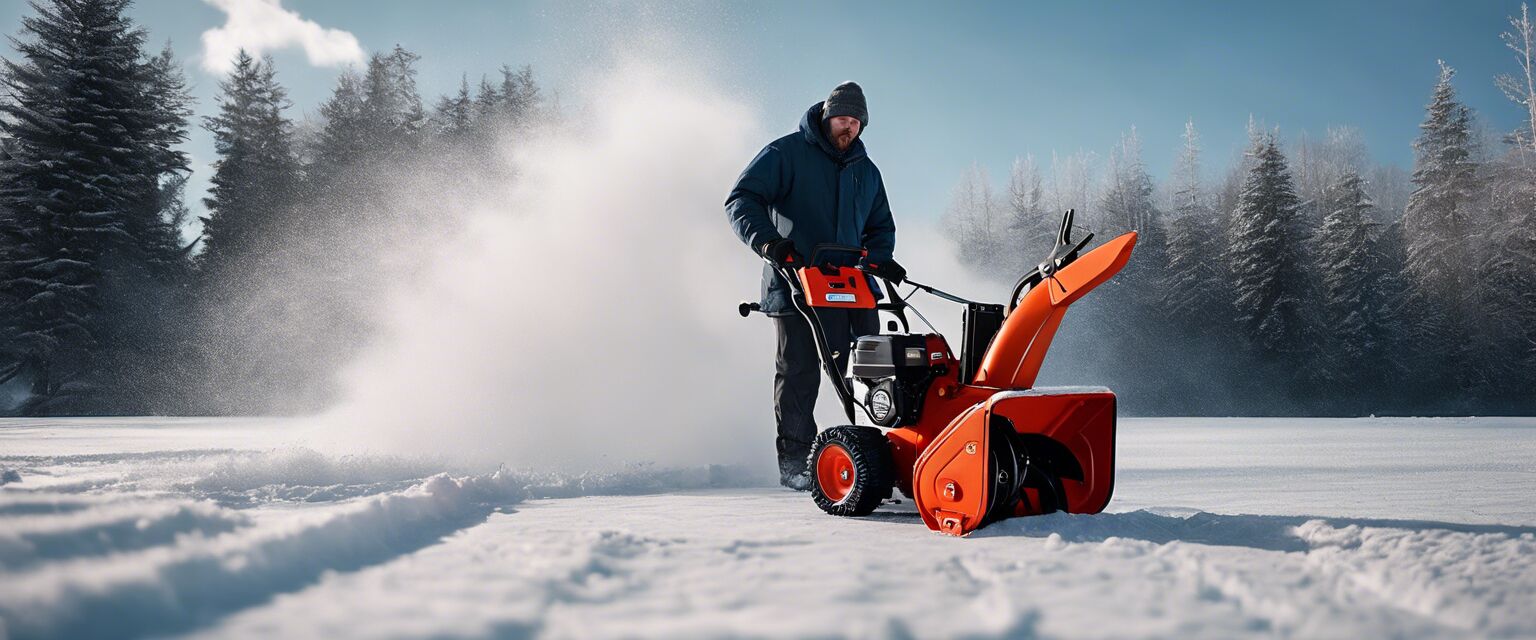
Comparison: Electric vs Gas-Powered Snow Blowers
| Feature | Electric Snow Blowers | Gas-Powered Snow Blowers |
|---|---|---|
| Power Source | Electric motor | Gasoline engine |
| Environmental Impact | Zero emissions | Produces emissions |
| Maintenance | Less maintenance required | More maintenance required |
| Noise Level | ||
| Suitable For | Small to medium areas | Large areas, heavy snowfall |
Pros of Electric Snow Blowers
- Eco-friendly option
- Quieter operation
- Less maintenance required
- Lighter and more portable
Cons of Electric Snow Blowers
- Limited power
- Not suitable for large areas
- May not be as effective in heavy snowfall
Pros of Gas-Powered Snow Blowers
- More powerful
- Suitable for large areas and heavy snowfall
- Faster clearing speed
Cons of Gas-Powered Snow Blowers
- Produces emissions
- Louder operation
- More maintenance required
Choosing the Right Snow Blower for You
When deciding between electric and gas-powered snow blowers, consider your specific needs, budget, and environmental concerns. If you have a small to medium-sized area to clear and prioritize eco-friendliness, an electric snow blower may be the better choice. However, if you need to tackle large areas and heavy snowfall, a gas-powered snow blower may be the way to go.
For more information on snow blower maintenance and care, check out our Snow Blower Maintenance guide. Additionally, explore our selection of rechargeable leaf blowers for a more eco-friendly option for yard work.
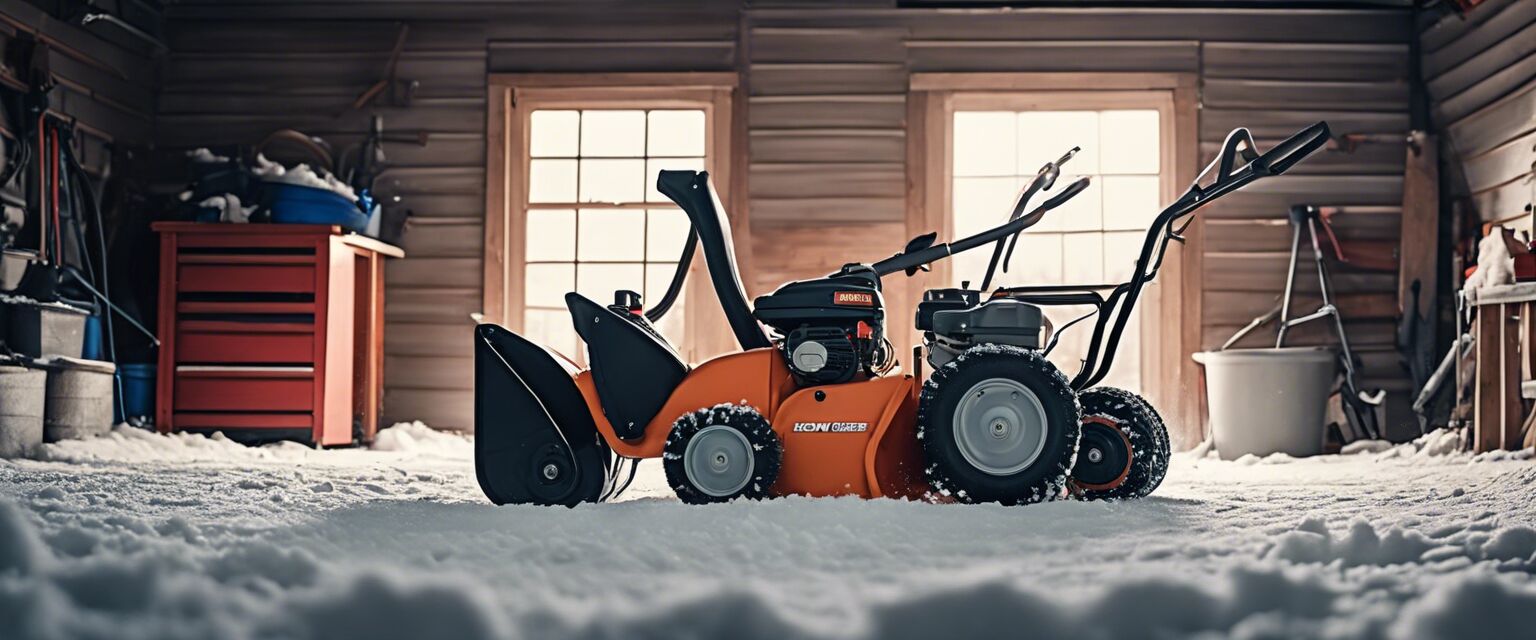
Beginners Section
- Always follow the manufacturer's instructions for operation and maintenance.
- Wear protective gear, such as gloves and goggles, when operating a snow blower.
- Clear the area of any obstacles or debris before using a snow blower.



